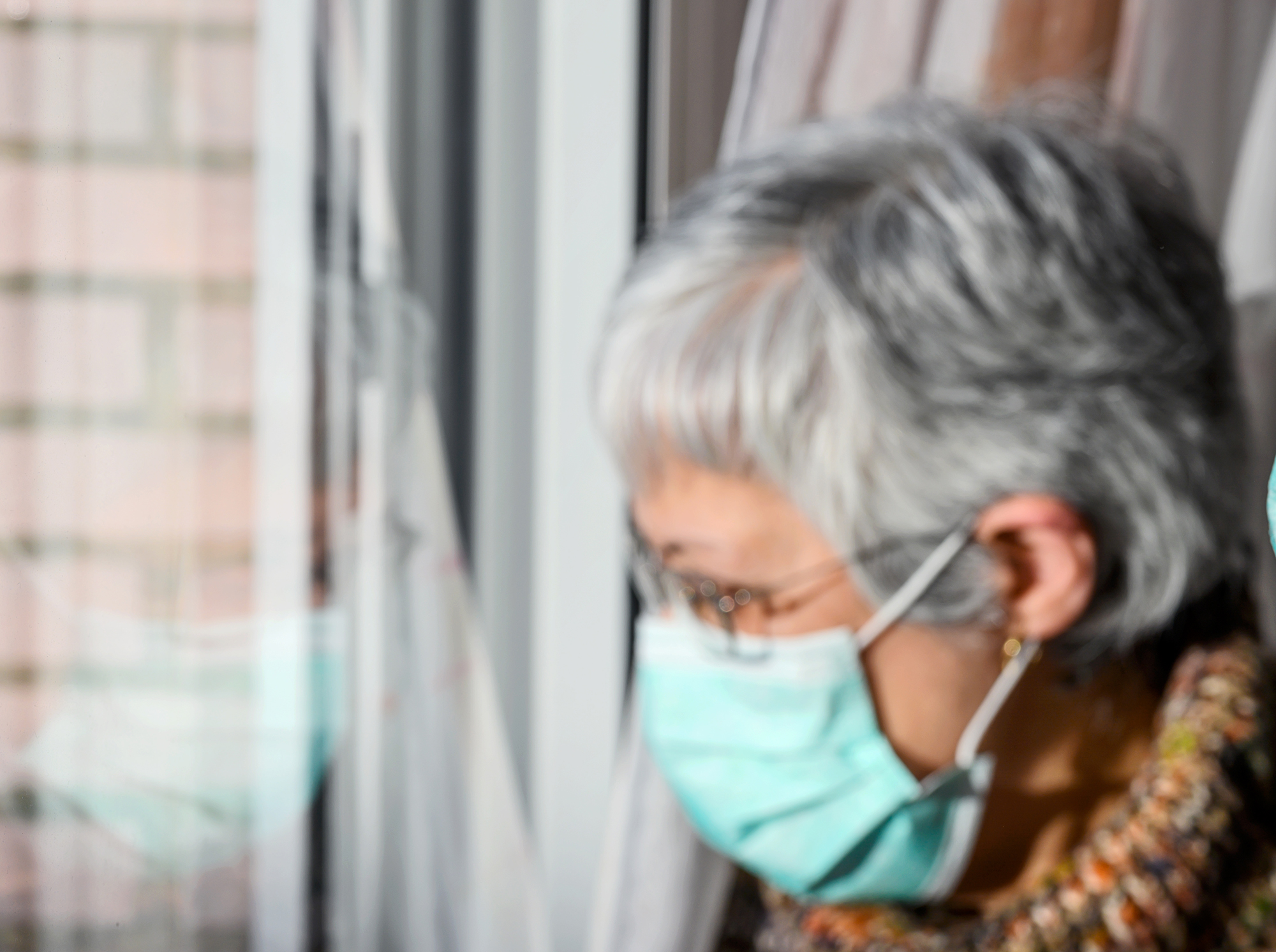An Insult Masquerading as a Compliment
How Ontario’s new congregate care visitation guidelines fail to address the needs of our most vulnerable

By Vivian Stamatopoulos, PhD
Associate Teaching Professor, Ontario Tech University
June 12, 2020
After fighting alongside thousands of families for the last 90 days while our most vulnerable have been locked away, I was hopeful for something good to come from yesterday’s press conference.
Instead, the announcement from the Ford Government amounted to a publicity stunt disguised as a gift to quell the mounting public outcry against a cruel and unlawful visitation ban. I assure you, it did more to incite anger among families and residents than to provide any measure of solace, and for good reason.
What was presented yesterday was not a policy but a list of confusing guidelines that Premier Ford himself revealed are all but optional when he said “at the end of the day, it’s going to be the home that calls the shots”. I could focus an entire discussion as to how deeply troubling and telling that statement alone was, but for now I’ll focus on the guidelines.
Three separate sets of guidelines were released for each of the congregate care settings: Long-term Care (LTC), Congregate Living Settings, and Retirement Homes. With some minor variations, they tend to overlap in key areas with the most draconian of stipulations saved for LTC homes. Let’s look at those in particular.
 Phase 1 of LTC visitation is slotted to begin June 18 for homes without an outbreak, granting each resident only one visitor per week for a roughly 30 minute outdoor visit that must include masking and physical distancing. Visitors must also undergo COVID-19 testing and provide evidence of a negative test result.
Phase 1 of LTC visitation is slotted to begin June 18 for homes without an outbreak, granting each resident only one visitor per week for a roughly 30 minute outdoor visit that must include masking and physical distancing. Visitors must also undergo COVID-19 testing and provide evidence of a negative test result.
Let us count the problems with this.
To start, visitation should be open to all facilities irrespective of outbreak status.
Next, a ‘visit’ of this nature will do nothing to combat the deadly risks of isolation among residents. I challenge Minister Fullerton and Premier Ford to spend one full week in a small room (as many residents must now do), saving only for one 30-minute visit and report back on the impact to their psychosocial health.
Onto the issue of testing. Now I am not an infectious disease expert but I have consulted with some very high-ranking ones and they too balk at the demand for testing visitors slotted for outdoor, physically distanced and fully masked visits. Requiring proof of testing under these conditions would appear designed to prohibit visitation, particularly among older adults with mobility limitations who cannot easily get to a testing center every 12 or so days to provide the required bi-weekly bill of clean health.
Here’s a novel idea: Arrange mobile testing centers to visit all facilities on a weekly basis to test only staff and essential family caregivers cleared for unfettered indoor access. New York State began testing all LTC staff twice a week over a month ago yet Minister Fullerton feels confident discontinuing staff testing after only one full round? More frequent testing of staff is a key factor cited by experts as needed to stop the rolling outbreaks that continue across LTC homes. Perhaps our leadership would be wise to focus efforts here before demanding unnecessary testing of visitors who will spend a half an hour outdoors while fully masked and six feet away from their loved ones?
Then there’s the continued mistreatment of “Essential family caregivers”, also known as the Power of Attorneys (POA) and/or the Substitute Decision Makers (SDM). These essential family caregivers should never been denied access in the first place, for clear legal, ethical and harm reduction reasons. These care partners are not even penned for indoor visitation until Phase 2b slotted for one week post lifting of the emergency order in Ontario (which could be prolonged indefinitely given the handling of the COVID-19 response thus far).
Finally, outdoor visits do nothing to ensure the safety and care of residents while inside the home. The recent malnutrition death of a LTC resident at Woodbridge Vista Care Community confirmed the fears of many families that consistent understaffing continues to put residents at risk for neglect and abuse. This is why essential family caregivers have been fighting for a return to the vital in-house family caregiving they provided pre-COVID-19. As a reminder, essential family caregivers have historically filled crucial gaps in LTC (such as resident feeding) that can quite literally help to keep residents alive right now.
There is much left to say regarding the official handling (or lack thereof) of LTC and all congregate care settings during COVID-19 but I will conclude with a message for Premier Ford and Minister Fullerton: Caregivers see full well what this announcement was about and they (with our full support) won’t stop fighting until clear, lawful and safe policies are enacted to see their loved ones through this pandemic.